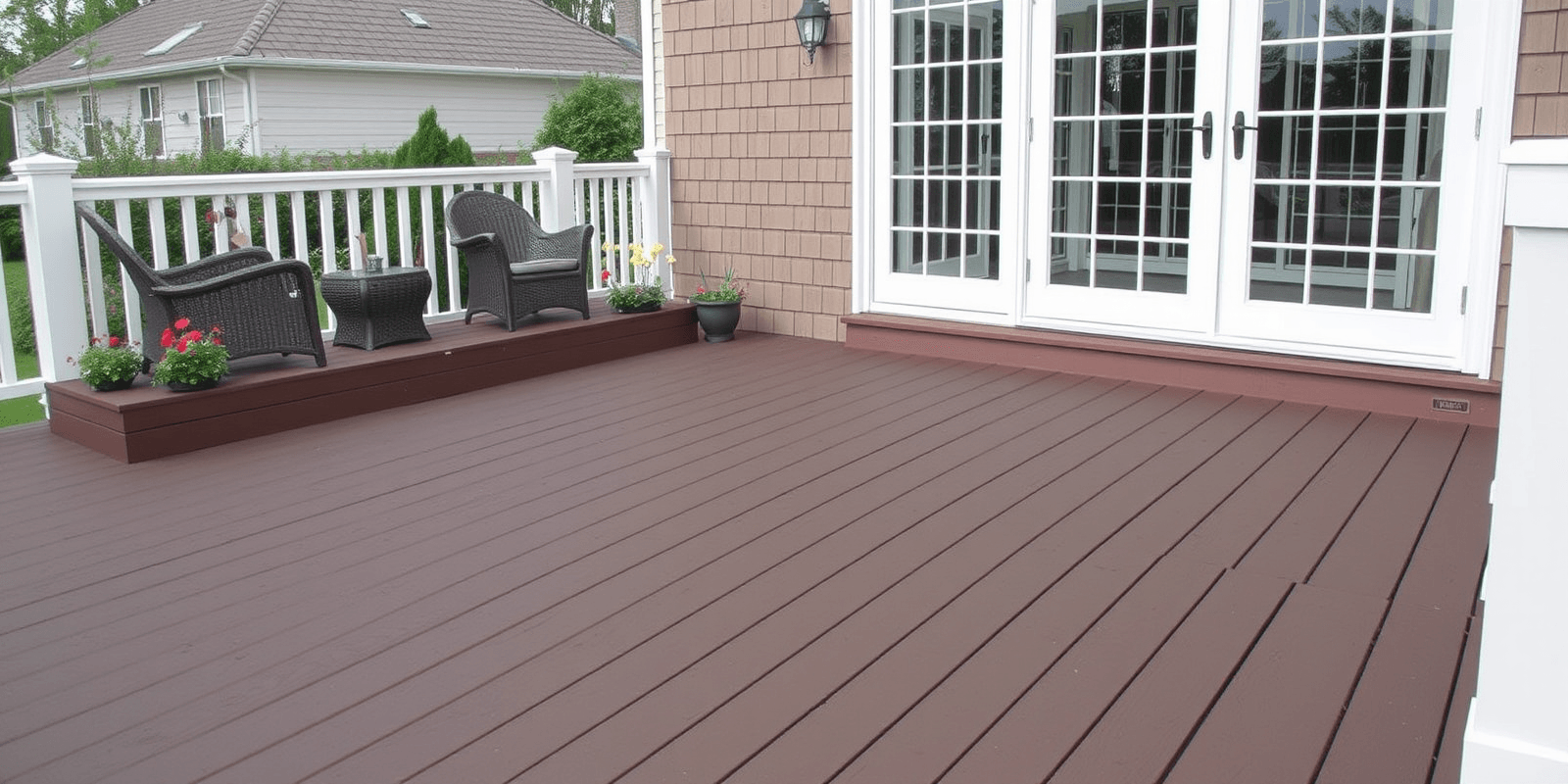Physical Address
304 North Cardinal St.
Dorchester Center, MA 02124
Physical Address
304 North Cardinal St.
Dorchester Center, MA 02124

Discover the benefits of using WPC decking exterior for your home. This sustainable and durable material is perfect for creating beautiful outdoor living spaces while minimizing environmental impact.
“`html
In recent years, the concept of sustainability has gained significant traction among homeowners, who are increasingly seeking ways to reduce their environmental footprint. One such innovation that aligns perfectly with this eco-friendly mindset is WPC (Wood Plastic Composite) decking exterior. This versatile material not only offers aesthetic appeal but also stands out for its durability, low maintenance requirements, and overall contribution to a more sustainable lifestyle.
One of the primary reasons why WPC decking exterior is a preferred choice for many homeowners is its exceptional durability. Unlike traditional wooden decks that are prone to rotting, warping, and insect damage, WPC decks are engineered to withstand harsh weather conditions and resist moisture, fungi, and pests. The combination of wood fibers and plastic resin creates a robust material that retains its structural integrity over time. This durability ensures that your deck will remain in pristine condition for decades, reducing the need for frequent replacements and repairs.
Maintaining a traditional wooden deck can be a laborious task, requiring regular staining, sealing, and cleaning to prevent deterioration. In contrast, WPC decking exterior demands minimal upkeep. It does not require painting or staining, as the color runs throughout the material, ensuring a consistent appearance without fading. Routine cleaning with mild soap and water is typically sufficient to keep your deck looking new. This low-maintenance characteristic not only saves homeowners valuable time but also reduces ongoing costs associated with deck upkeep.
WPC decking exterior embodies the principles of sustainability by utilizing recycled materials and minimizing waste. The production process incorporates both wood fibers and plastic resins, often sourced from post-consumer waste such as milk jugs and detergent bottles. By repurposing these materials, WPC decking helps divert waste from landfills and reduces reliance on virgin resources. Additionally, the longevity of WPC decks means fewer replacements over time, further contributing to a reduced environmental impact.
Moreover, the manufacturing process of WPC decking is generally more energy-efficient compared to traditional wood decking. This efficiency translates into lower carbon emissions during production, making WPC a greener alternative. As consumers become more aware of the environmental consequences of their choices, opting for WPC decking exterior aligns with their values of conservation and responsible consumption.
For eco-conscious homeowners, WPC decking exterior presents a compelling solution that combines beauty, functionality, and sustainability. Its unparalleled durability and low maintenance requirements make it an attractive option, while its commitment to recycling and reducing waste underscores its role in promoting a more sustainable lifestyle. As the demand for environmentally friendly building materials continues to grow, WPC decking stands out as a prime choice for those seeking to create outdoor spaces that are both beautiful and responsible.
“`